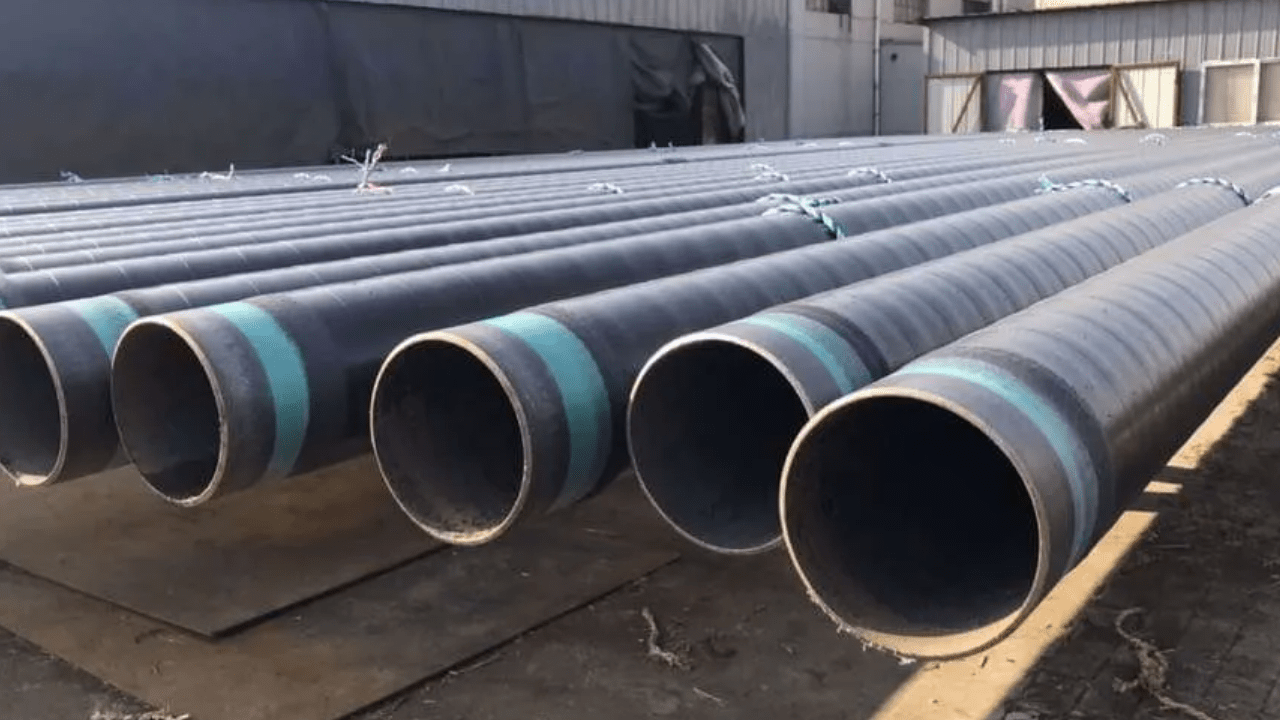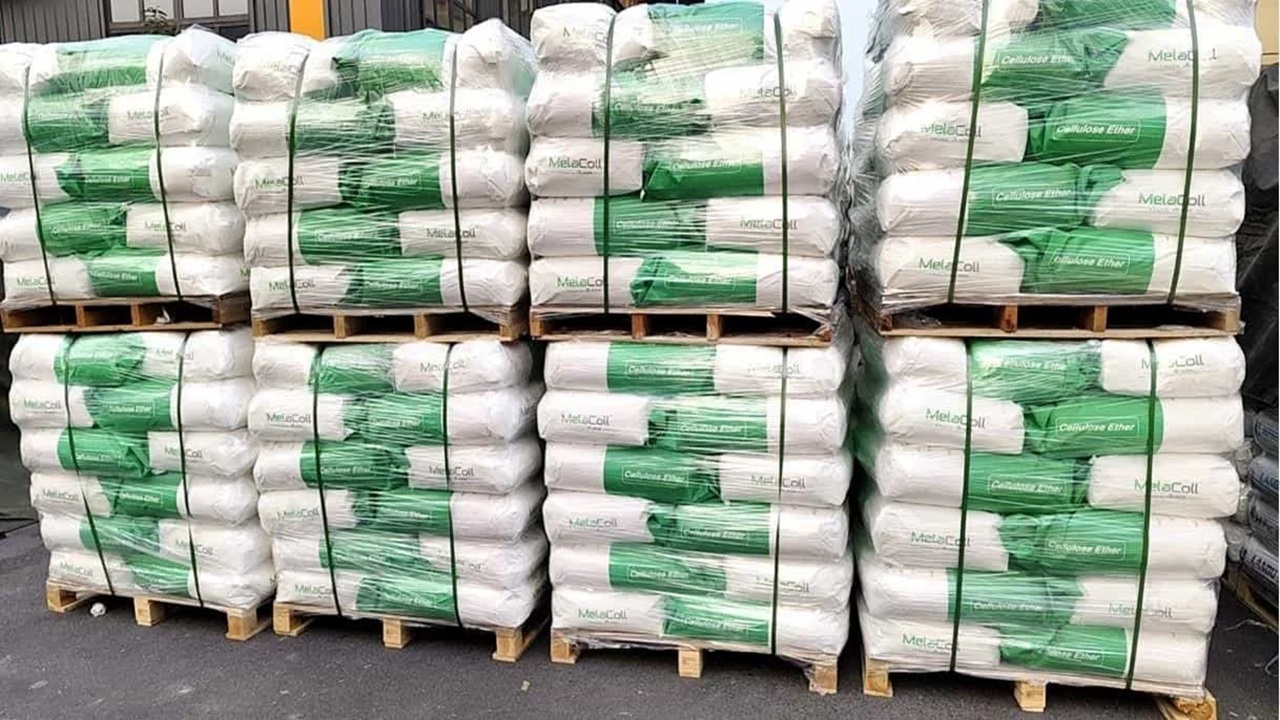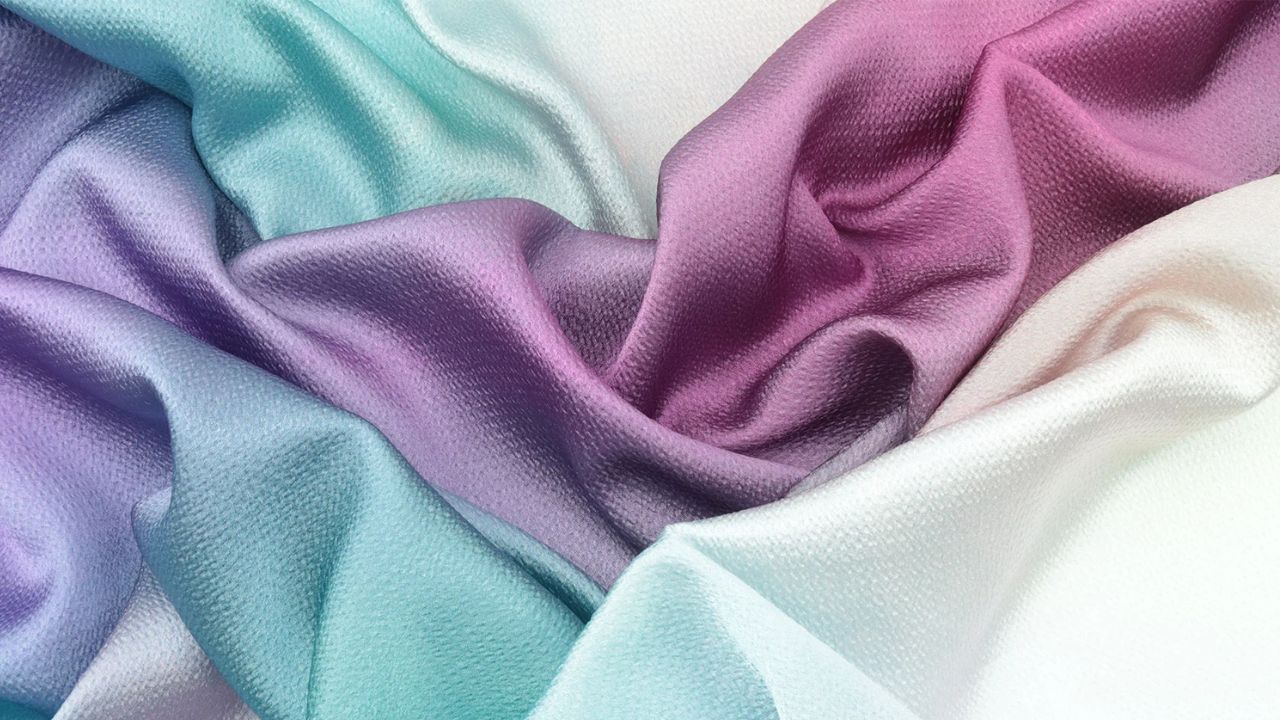
Which Kinds Of Coatings Are There For Pipes?
A protective layer known as pipe coating is put on the exterior of steel pipes to stop abrasion, corrosion, and other types of damage. It prolongs the pipes’ lifespan and increases their toughness, particularly in hostile areas. Coal tar enamel (CTE) coatings, liquid epoxy, dual-layer fusion-bonded epoxy (DLFBE), three-layer polyethylene (3LPE), and fusion-bonded epoxy (FBE) are among the different types of pipe coating that are employed.
The exceptional corrosion resistance of FBE, the mechanical damage resistance of 3LPE, and the chemical resistance of CTE are only a few examples of the distinct qualities and uses of each type. The type of fluid being conveyed, the budget, and the operating conditions all influence the coating choice.
Kinds of Coatings for Pipes
To ensure pipes last a long time and prevent corrosion, coating is necessary. There exist multiple pipe coating options, each with unique benefits and appropriateness for distinct uses. The following list includes some typical pipe coating types:
Fusion Bonded Epoxy (FBE) Coating
The pipeline sector makes extensive use of Fusion Bonded Epoxy (FBE) coating. It is a powder coating made of epoxy that offers superior corrosion protection. The FBE coatings are made of thermoset polymers, which are applied to pipes by melting the powder and letting it fuse and form a bond with the surface. The longevity, impact resistance, and chemical resistance of FBE coatings are well known.
Polyethylene (PE) Coating
Polyethylene (PE) coating is a thermoplastic polymer coating that is generally used to shield metallic pipes from corrosion and abrasion. The coating is applied to the outdoors of the pipes through the use of a process referred to as extrusion coating. PE coating provides incredible resistance to chemical compounds, moisture, and temperature fluctuations, making it ideal to be used in a diffusion of packages, consisting of oil and gasoline pipelines, water pipelines, and business piping systems.
Polypropylene (PP) Coating
Polypropylene (PP) coating is a thermoplastic polymer coating that is commonly used to protect metallic pipes from corrosion and abrasion. The coating is carried out to the outside of the pipes using a method called extrusion coating. PP coating gives superb resistance to chemical substances, moisture, and temperature fluctuations, making it best to be used in the diffusion of packages, inclusive of oil and fuel pipelines, water pipelines, and industrial piping structures.
Zinc Coating
Zinc coating is a steel coating that is generally used to protect metal pipes from corrosion. The coating is applied to the outside of the pipes through the use of a process known as warm-dip galvanizing. Zinc coating affords exquisite resistance to corrosion, making it perfect to be used in a selection of programs, including water pipelines, and industrial piping structures.
Ceramic Coating
Ceramic coating is a ceramic-based coating that is commonly used to guard metallic pipes from corrosion and abrasion. The coating is carried out to the outside of the pipes using a technique referred to as thermal spraying. Ceramic coating provides exquisite resistance to chemical compounds, moisture, and temperature fluctuations, making it perfect for use in an expansion of applications, inclusive of oil and gasoline pipelines, water pipelines, and industrial piping systems.
Epoxy Coating
Epoxy coating is a thermosetting polymer coating that is commonly used to shield metallic pipes from corrosion and abrasion. The coating is carried out to the exterior of the pipes through the usage of a technique referred to as powder coating. The epoxy coating offers first-rate resistance to chemical materials, moisture, and temperature fluctuations, making it best to be used in a ramification of packages, which encompass oil and gas pipelines, water pipelines, and enterprise piping systems.
Polyurethane (PU) Coating
Polyurethane (PU) coating is a thermoplastic polymer coating that is commonly used to protect metallic pipes from corrosion and abrasion. The coating is carried out to the outside of the pipes with the use of a procedure called extrusion coating. PU coating presents outstanding resistance to chemicals, moisture, and temperature fluctuations, making it excellent to be used in a spread of programs, including oil and gas pipelines, water pipelines, and commercial piping systems.
Conclusion
Pipes can be coated with a variety of materials, including epoxy, polyethylene (PE), polypropylene (PP), zinc (galvanizing), and fusion-bonded epoxy (FBE). Regarding mechanical protection, chemical resistance, temperature resistance, and corrosion protection, each type of coating has unique advantages. Industries can guarantee the long-term performance and durability of their pipes in a variety of applications by choosing the right coating.


